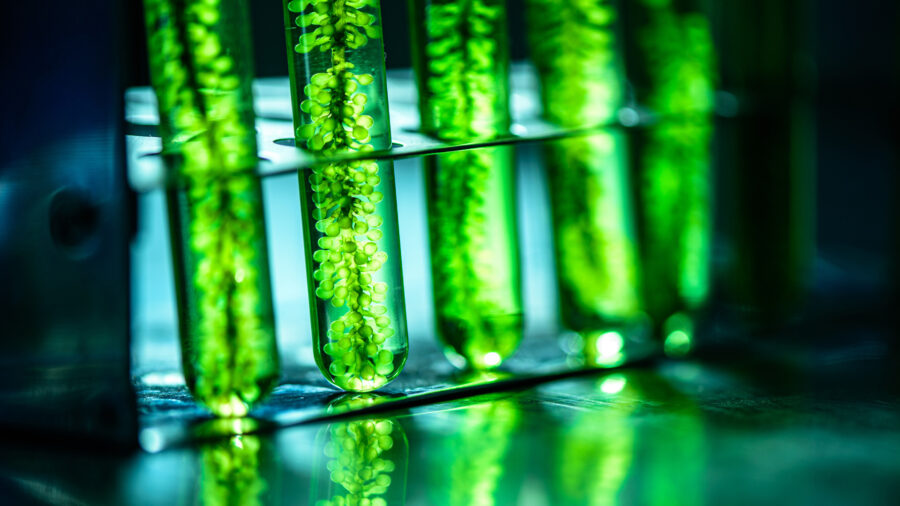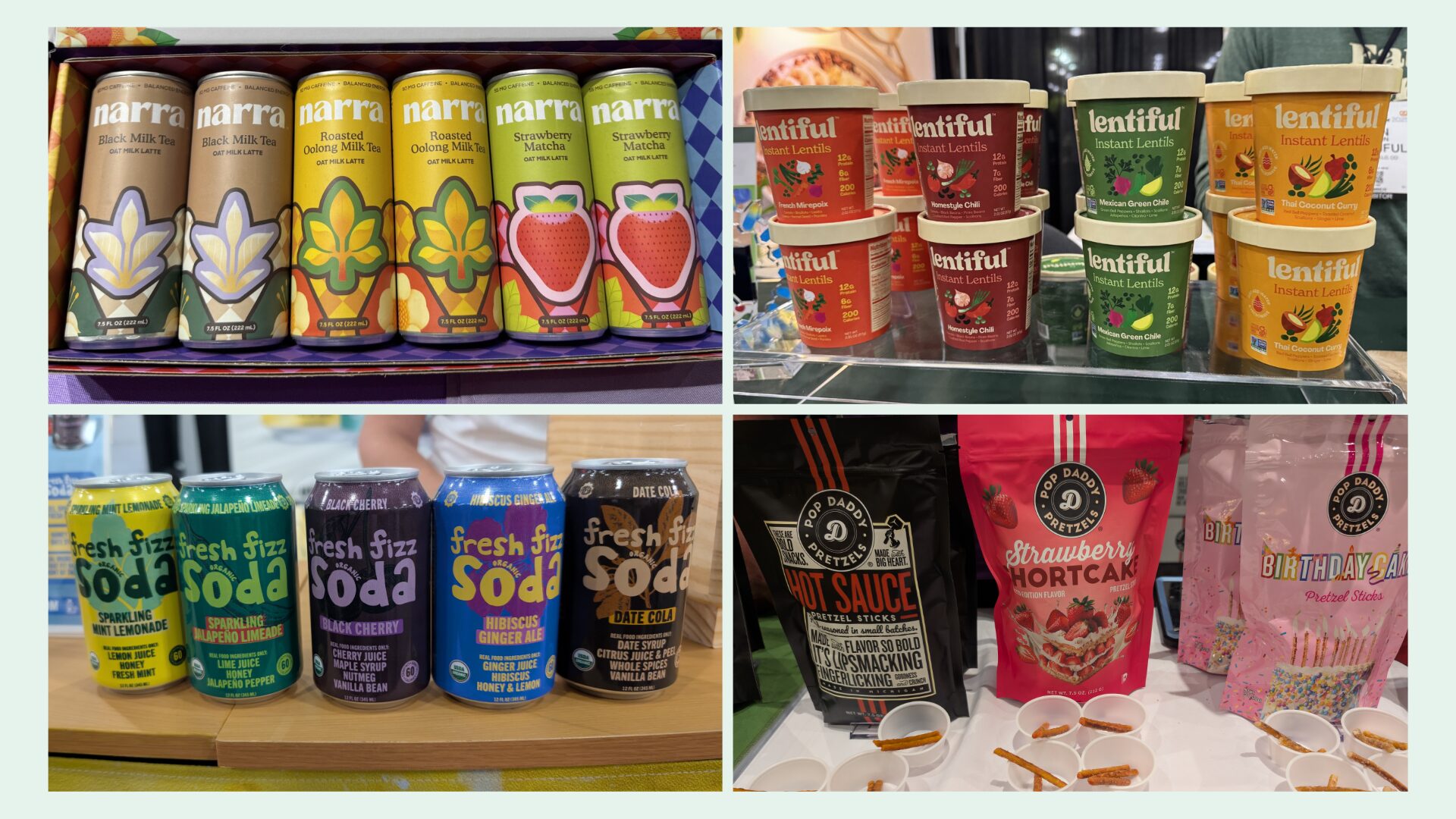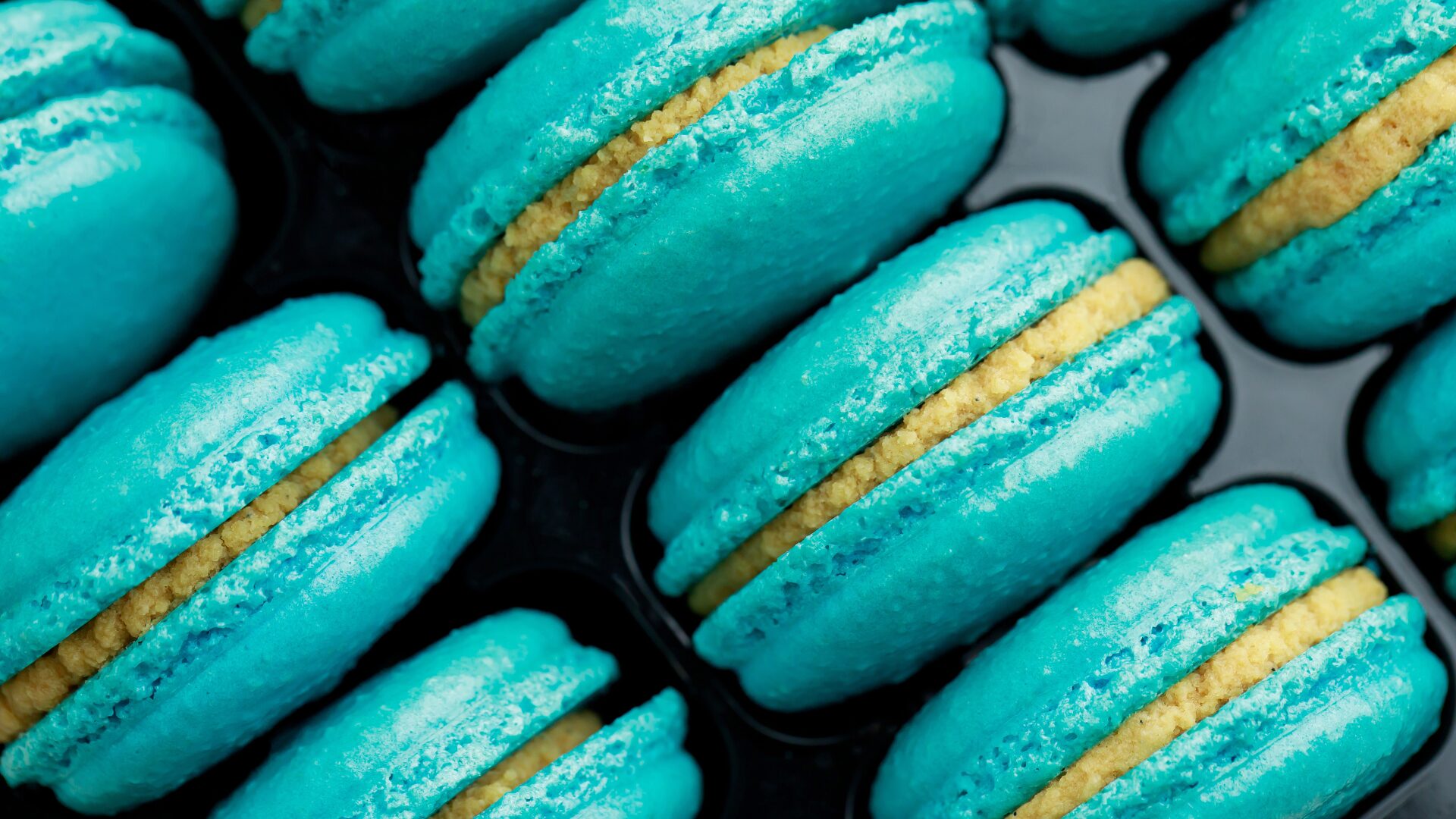Microalgae—microscopic organisms typically found in marine and freshwater ecosystems— could soon have a massive impact on the slumping alternative protein sector.
With a wide array of uses from hair care products to pet food and as an alternative energy source for fossil fuels, the microalgae market is currently valued at $11.8 billion. It is projected to reach $25.4 billion by 2033, growing at a CAGR of 8% during the forecast period.
Packed with proteins, essential fatty acids, vitamins A, B1, B2, C, and E, iron, calcium, and folic acid—microalgae supplements (like spirulina or chlorella) have been on the market for years. But until recently, reaping the benefits of the superfood meant enduring a bitter taste and pungent aroma.
Now, food tech startups are developing new techniques to transform microalgae into “ghost protein,” a powerful alternative protein source with an undetectable, completely neutral flavor.
More protein, less unpleasant taste
Brevel has developed a proprietary technology that combines fermentation and light to yield a microalgae protein powder that can be sold to food companies for use in plant-based products. The Tel Aviv-based startup recently announced $18.5 million in seed funding.
Brevel’s alternative protein has countless applications because it doesn’t affect the flavor, color, or taste of the finished product. At present, the company has partnered with Vgarden to incorporate the protein into its plant-based cheese. The protein-packed dairy-free cheese is expected to hit shelves in 2024.
Meanwhile, in the U.K., Algenuity has developed a technology to significantly reduce the chlorophyll content of microalgae (which is responsible for the unsavory sensory profile) while retaining the nutrients.
Algenuity’s finished product, called Chlorella Colours, is another alternative protein powder with a neutral taste that’s available in a range of colors including white, yellow, and red. In 2020, the biotech startup announced a partnership with Unilever’s Foods and Refreshment division to explore bringing foods made with microalgae to market.
“Our Chlorella Colours platform provides plant-based ingredients that are sustainable, natural, non-GM and protein-rich with neutral flavors,” said Andrew Spicer, CEO and Founder of Algenuity. “They are also vegan-friendly making them extremely relevant for today’s growing consumer appetite for more plant-based foods with additional functional benefits.”
A nutritionally dense meat alternative
And then there’s SimpliiGood by AlgaeCore Technologies Ltd., a startup which recently unveiled a meatless breaded chicken cutlet composed primarily of the microalgae spirulina. According to the Israel-based company, their plant-based alternative not only mimics the appearance, flavor, and structure of a real chicken breast, but also possesses a naturally dense nutritional profile that could “outpace” that of real chicken.
Composed of 80% pure and minimally processed spirulina microalgae, the chicken cutlet is aimed at health and environmentally conscious consumers who want a highly nutritious, clean-label alternative to chicken nuggets.
Baruch Dach, SimpliiGood’s founder and CTO, reports that “100 grams of SimpliiGood microalgae provides the equivalent of 200 grams of real chicken in protein load.”
“Each cut packs 30% highly bioavailable protein,” Dach explained. “By consuming less while gaining more, it also contributes to reducing waste and energy consumption, streamlining the supply chain, and minimizing the overall downstream carbon footprint.”












